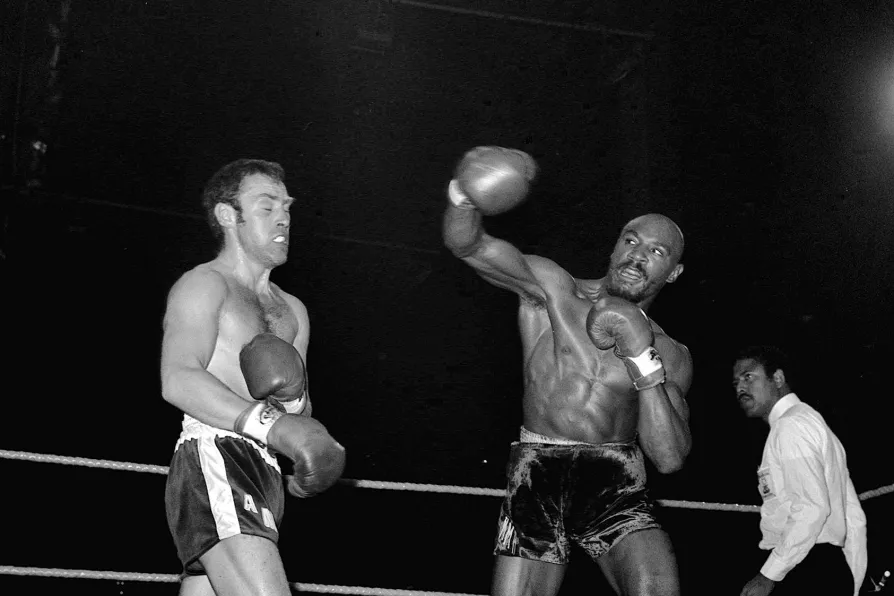The 1958 plans to march with more than 6,000 supporters ahead of Fulham clash

 Marvin Hagler (r) catches Alan Minter (l) with a vicious right hook, September 27, 1980
Marvin Hagler (r) catches Alan Minter (l) with a vicious right hook, September 27, 1980
THE news that a movie on the life of Marvellous Marvin Hagler is now in the works should come as no surprise, given how epic and dramatic a life it was both in and out of the ring.
Taken in conjunction with the fact that a movie on the life of Britain’s Prince Naseem Hamed — Giant — is currently in production and being shot in Leeds, it confirms that the boxing movie as a genre is alive and kicking.
On a broader level, the relationship between cinema and the sport of boxing is one that stretches back all the way through the history of the silver screen. Boxing, movie producers have long recognised, is a sport littered with men and now increasingly women whose lives are steeped in drama, tragedy and personal struggle, champions both actual and fictional deserving of the accolade of having their stories told.

MARIA DUARTE recommends a British boxing biopic about the stormy relationship between Nazeem Hamed and his trainer Brendan Ingle













